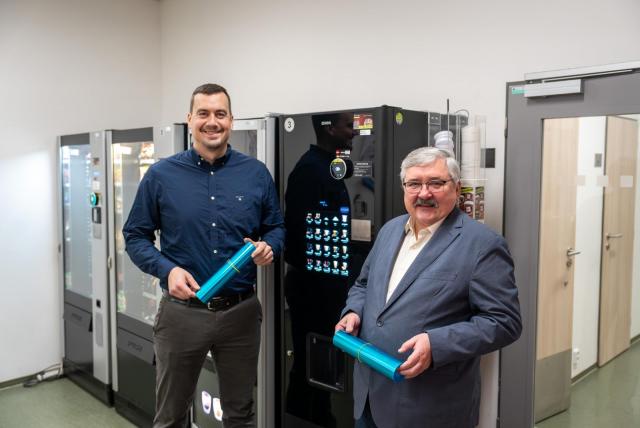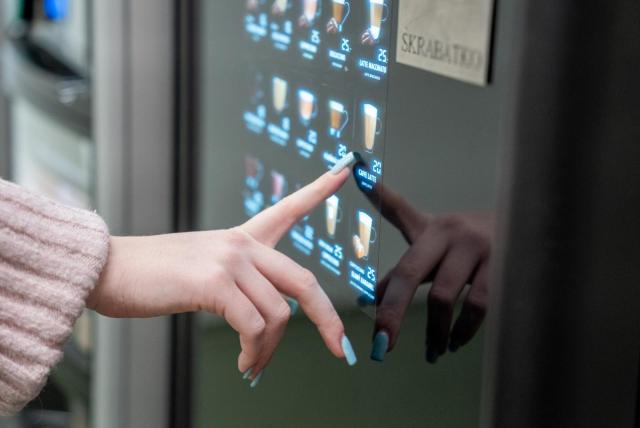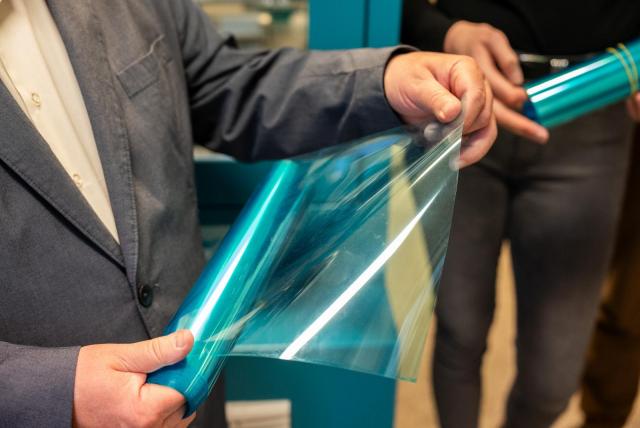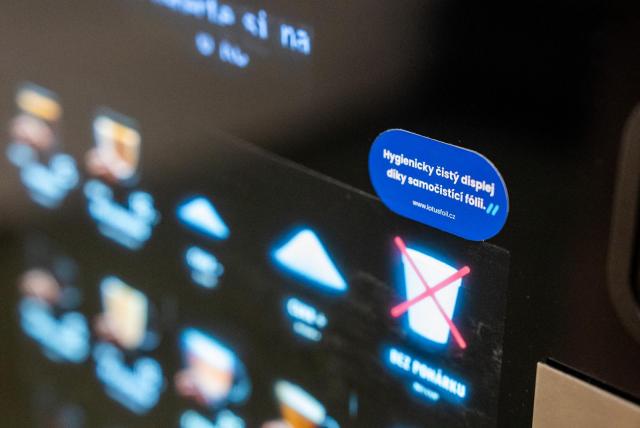Self-cleaning LOTUS Foil: Czech patent protects public touchscreens
During the COVID-19 pandemic, when hygiene and disinfection became critically important, the idea emerged to create a project focused on protecting touchscreens from organic pollutants. This need united academia and industry partners in an ambitious effort to develop innovative technology that would increase the safety of using touchscreen devices.The project was led by FORTES interactive, a company specializing in touchscreen manufacturing. Among the partners was also the Faculty of Chemistry. Brno University of Technology (BUT), specifically involving the Laboratory of Photochemistry, which participated in the development of the protective film.
Discussing the project were the Dean of the Faculty and Professor at the Institute of Physical and Applied Chemistry, Michal Veselý; Associated Professor and Vice-dean for external relations from the same institute, Petr Dzik; and doctoral student Michaela Fanglová, who also works at FORTES interactive. The collaboration resulted in the unique protective film known as LOTUS Foil, which has been successfully applied to touchscreen vending machines located within the faculty premises. This product combines cutting-edge science and innovation, effectively addressing current hygiene and safety challenges in public spaces.
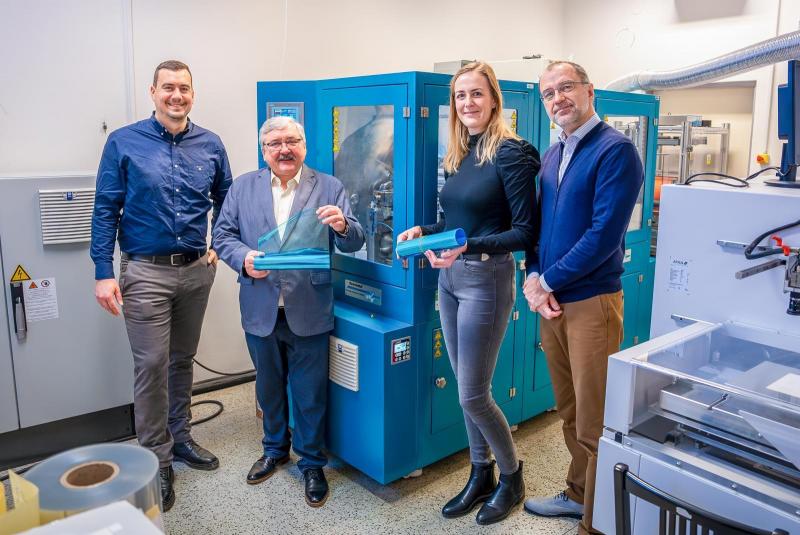
From idea to commercial success
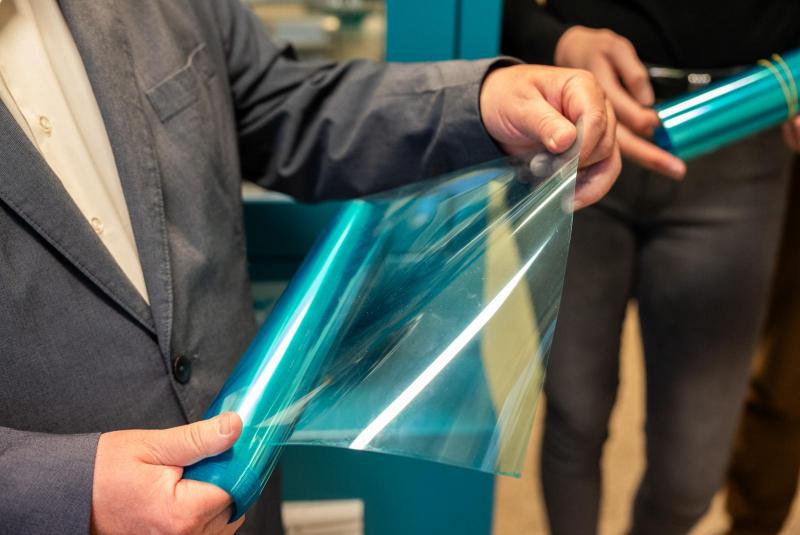
From laboratory to production
The faculty team, composed of experts from the photochemical laboratory, leveraged their expertise in thin films, photochemistry, and material printing. Specifically, they focused on creating and characterizing ultra-thin layers, examining these from optical, physical, chemical, and microbiological perspectives, including tests for antibacterial activity. “We worked on depositions, partly on testing antimicrobial efficacy, and learned a great deal during the process. Now, in follow-up projects, we function as a specialized facility for testing the antimicrobial properties of these materials,” explains Petr Dzik.
One of the significant contributions from the faculty was developing methodologies for antimicrobial testing. Because the film uses light-activated compounds, standardizing experimental conditions was crucial. "We had to precisely control the activating radiation – the light initiating the process. Thanks to our expertise in photometry and radiometry, we established standardized conditions ensuring comparable results across different laboratories,” Dzik adds. A considerable advantage was that the photoactive substance does not require UV radiation; ordinary visible light, such as that from LEDs or standard bulbs, is sufficient.
The final coating effectively suppresses microbial populations, contributing to a healthier environment. However, it is not a self-disinfecting surface; instead, the film maintains low microorganism levels through the combined effects of biocides and photoactive substances.
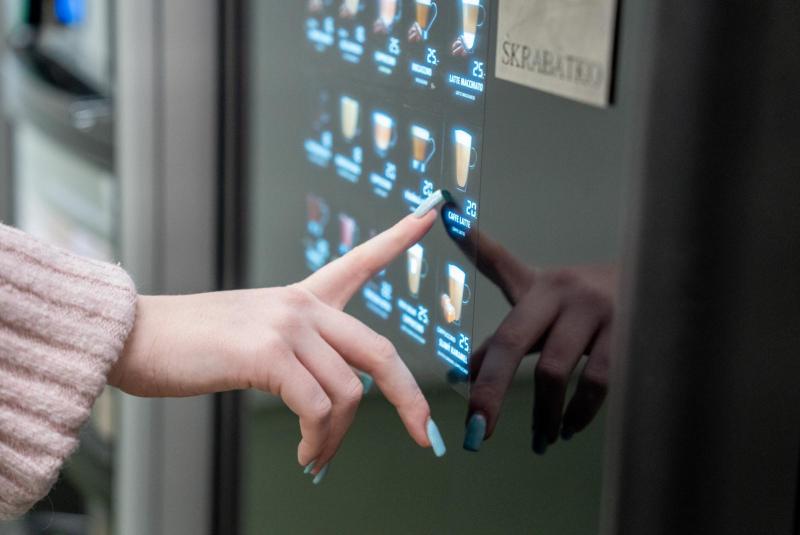
Easy installation, high durability
The protective films were tested under real-world conditions at fast-food counters, supermarkets, and airports. Currently, DM drugstores are among the businesses using LOTUS Foil to protect their self-service checkout screens. FORTES interactive also targets hospitals, where visitors interact frequently with devices such as queue management systems, potentially facing a higher risk of infection.
“The COVID-19 pandemic highlighted the importance of hygiene, but now that it's subsided, people often forget the risks associated with touchscreen surfaces. Public touchscreens are used by people with varying hygiene habits, leading to microorganism accumulation and increased risk of infection transmission. LOTUS Foil actively eliminates harmful microbes, significantly enhancing hygiene safety,” explains Libor Vošický.
Manufacturers prioritize user-friendliness. The company provides training for employees who apply the films. It is recommended that the films be replaced every three months during routine servicing of checkout devices. However, lifespan depends on the frequency of use and mechanical wear of each particular screen.
Testing revealed exceptional durability – the films withstand up to 30,000 contacts by artificial fingernails. Maintenance is also straightforward: the film can be wiped clean using disinfectants and microfiber cloths, while its low-adhesion adhesive layer allows easy removal and replacement.
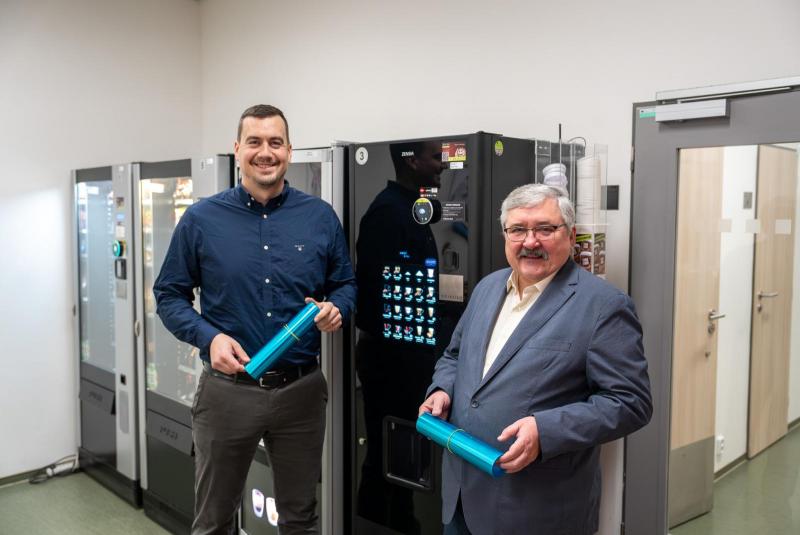
Wide range of self-cleaning surfaces
Based on their experiences, the team plans to expand the technology further. “We continuously improve and develop the LOTUS self-cleaning technology, exploring its application potential. Our goal is to enable its use across a broad spectrum of surfaces and materials – not just films, but directly onto various objects such as handles, door knobs, or shopping carts,” explains Libor Vošický.
In the Czech Republic, the technology is protected by a patent, while a patent application has been filed in the United States. Due to its easy application, high durability, and extensive range of uses, LOTUS Foil has the potential to become a global standard in touchscreen protection.
-jo-
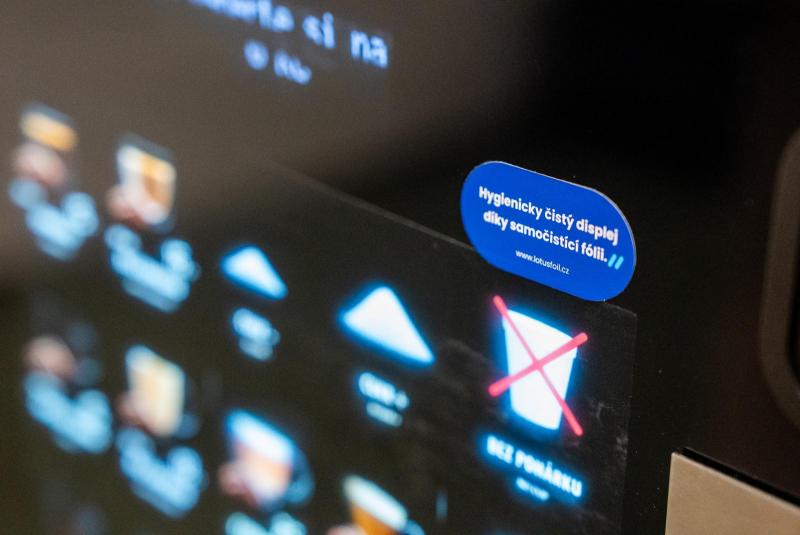
| Published | |
|---|---|
| Link | https://www.fch.vut.cz/en//f96620/d278872 |
